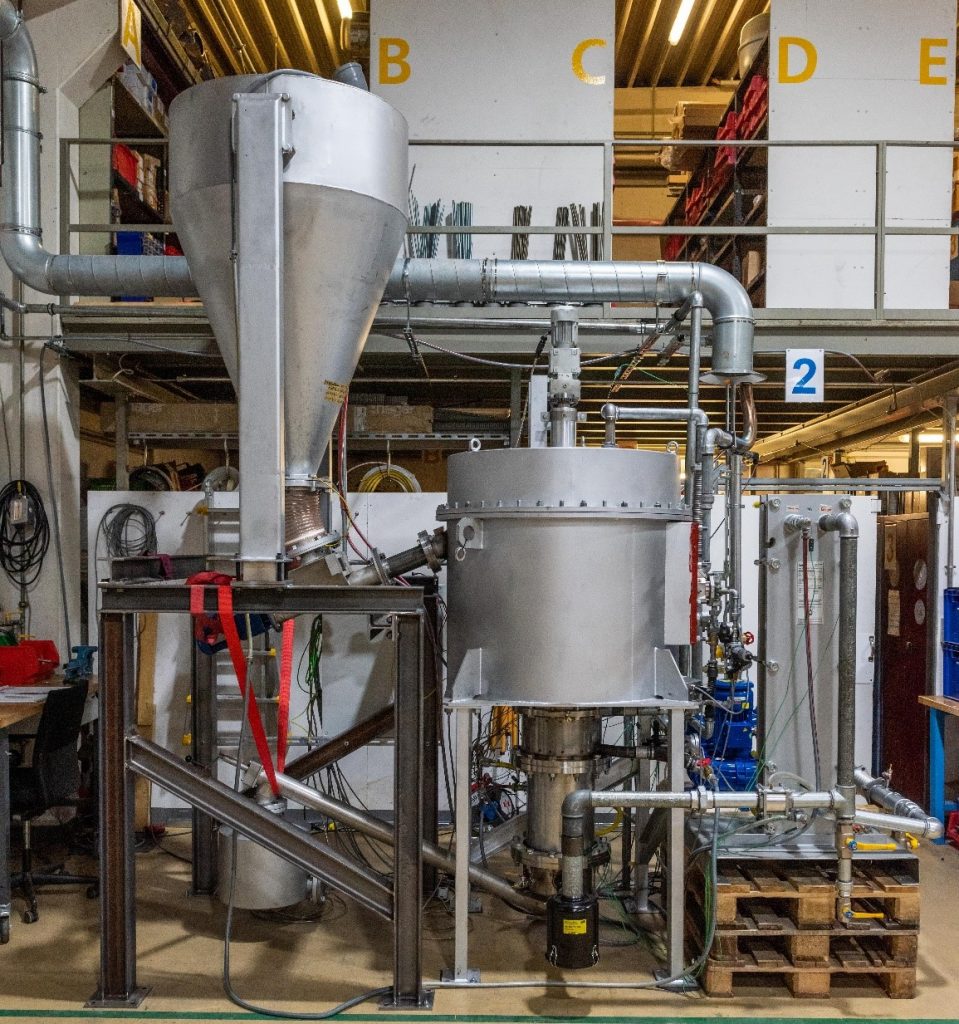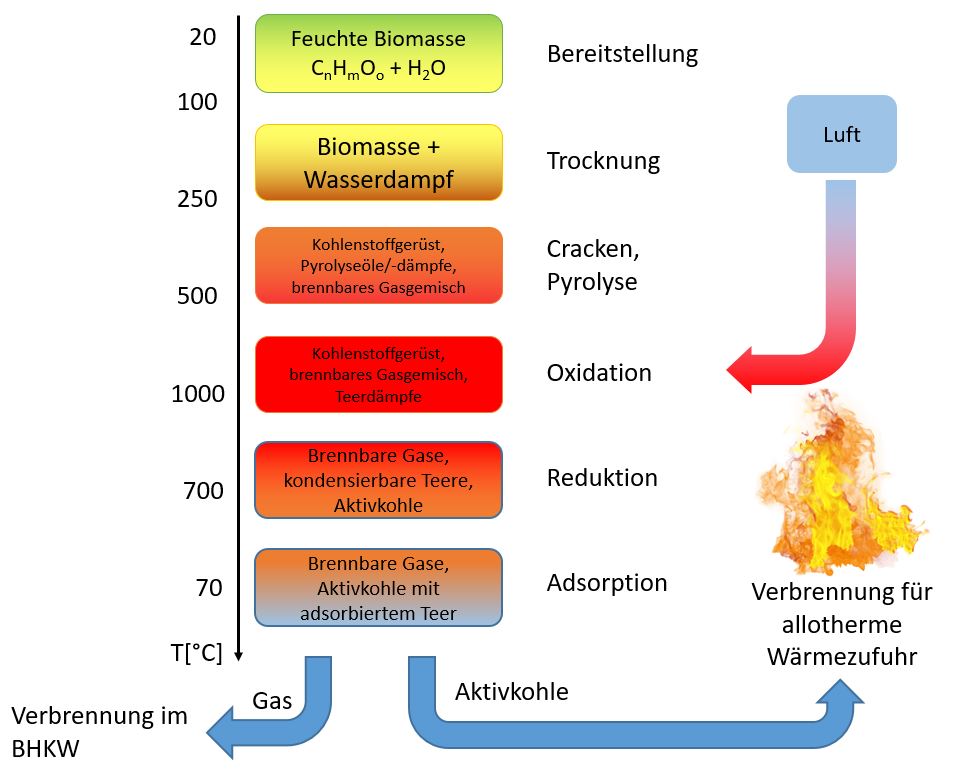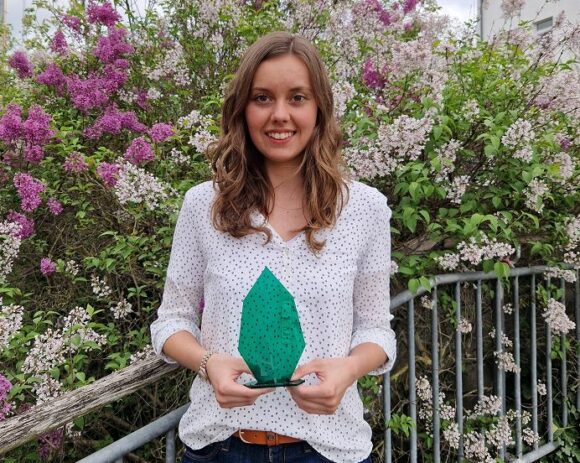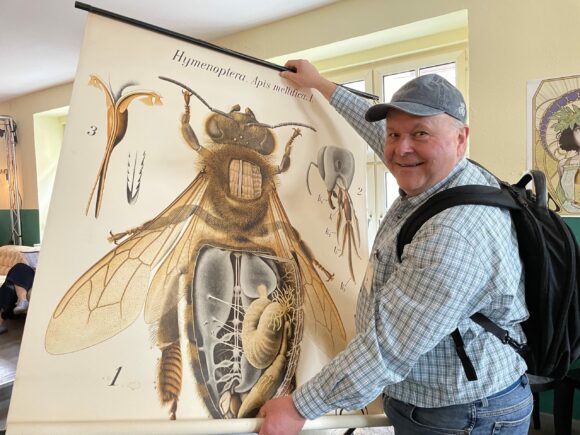Another award goes to Hof University of Applied Sciences: Andy Gradel, research associate at the Institute for Water and Energy Management (iwe) was awarded the “Young Academics Award for Bioenergy 2020” at the Young Academics Conference in Zittau – congratulations!

The central theme of the event was the use of bioenergy in energy supply and the reduction of fossil resource consumption. Seven young scientists, ranging in age from their early 20s to their late 30s, presented their work on the utilization of biomass in processes such as thermochemical gasification or the use of residues in agriculture during the day-long conference.
Andy Gradel convinced the jury with his contribution to the topic:
“Flexible and low-maintenance gasification of biomass by integrated adsorption of tar components.”
Combined heat and power research field
“The energy transition requires an increasing expansion of power grids with small, decentralized plants for power generation and municipal heat grids fed with biogenic fuels. This is creating growing interest in the simultaneous use of heat and electricity, for example through the use of combined heat and power plants,” explains Andy Gradel
Untapped potential
“Wood and residue gasification offers great potential in this regard. However, today’s plants have short maintenance intervals due to contamination by tars from wood pyrolysis and are therefore associated with high operating costs,” he continues.
Thermochemical gasification offers great potential in this respect – but it is still associated with excessively high operating costs.
Andy Gradel
Novel technology
In the “AutAllo” project at the Institute for Water and Energy Management, a novel technology for the gasification of biogenic residues for the generation of particularly clean product gases is being developed in cooperation with WS Wärmeprozesstechnik GmbH from Renningen: By using the process’s own residual coke (charcoal) as a filter medium, the process offers significantly lower maintenance and at the same time more flexible operation of the plant – compared to the current state of the art.

The core of the technology is the internal activation of the resulting residual coke from wood pyrolysis and its subsequent use as a tar filter in a cooled adsorption bed. Kinetic measurements of the reactions of the residual coke and adsorption measurements of the capacity of the filter charcoal with respect to typical wood tars were used to create a mathematical model of the process. The model predicted a possible gas cleanliness of well below 50 mg m-3 (STP) tar content with proper operation. This was subsequently confirmed experimentally
Application in agriculture and forestry
A cold gas efficiency of 65 % has been achieved so far, but model calculations indicate an achievable efficiency of over 80 %. Through further development and determination of the process limits, the technology can be used in the future for economical generation of electricity and heat from residual materials in agriculture and forestry.
The following figure shows the schematic representation of the process.








